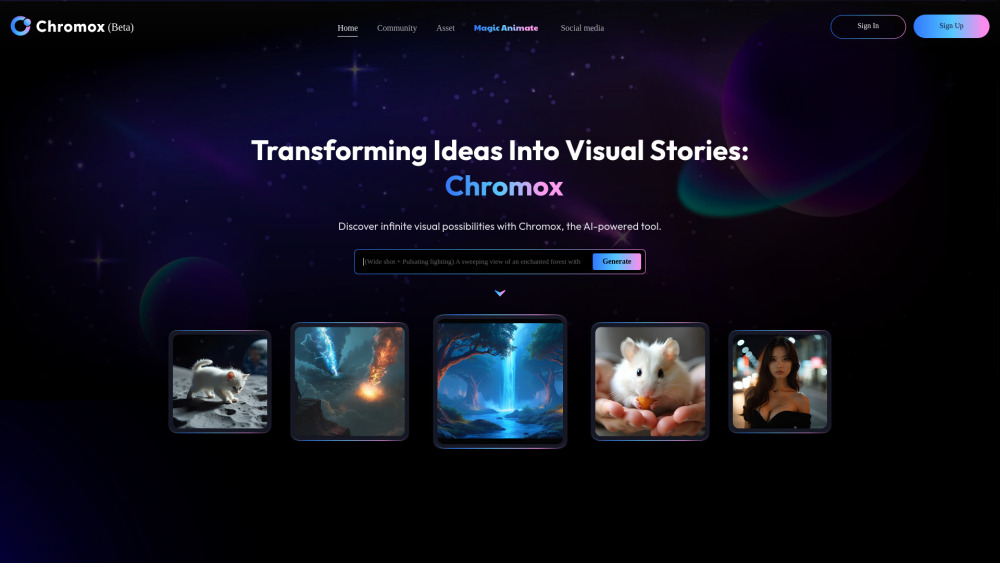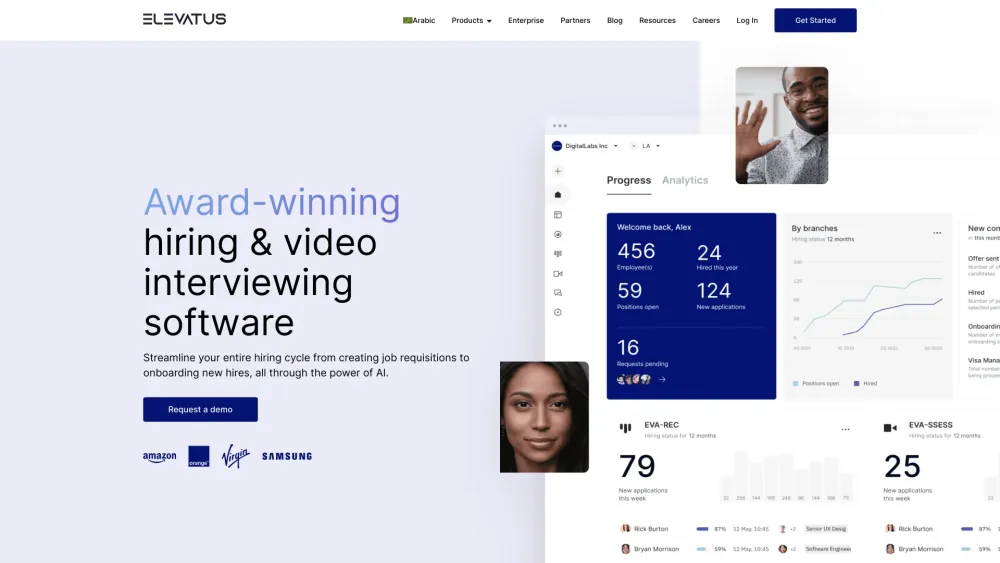Enterprises eager to leverage AI are racing to integrate leading large language models (LLMs) with their internal business data. While this strategy can be effective, many teams overlook the most significant source of valuable data: conversations. Today, Recall, a startup dedicated to helping businesses harness their data, announced it has secured $10 million in funding.
The investment, led by Ridge Ventures with participation from Industry Ventures, Y Combinator, IrregEx, Bungalow Capital, Hack VC, and other existing backers, will enable Recall to enhance its product—a unified API for diverse platforms—and expand its team in preparation for growth. Over the past year, the company has experienced a tenfold increase in size.
“Conversations are the world’s largest dataset. Large language models continue to reveal the potential of conversational data, and the demand for developers to capture this information is soaring. Every SaaS company should utilize conversations as a data source. Recall’s unified API simplifies this process,” said co-founder David Gu in a statement.
Mobilizing Conversational Data for AI
In the remote work era, teams accumulate millions of hours of meetings on platforms like Google Meet and Zoom, generating insights across sales, marketing, and technology. However, this data—comprising audio, video, and chat content—often gets trapped in silos. To access this wealth of information, teams frequently face the cumbersome task of developing in-house infrastructure and integrations, which can be time-consuming.
“It typically takes a year or longer to build a basic infrastructure and integrations. Once established, companies confront maintenance challenges, requiring hundreds to thousands of servers and a team of engineers to manage, scale, and upkeep the system,” Gu explained.
Initially, Gu and co-founder Amanda Zhu aimed to develop a product for real-time transcription of video meetings. However, they quickly realized that the more significant barrier lay in accessing data from conferencing platforms, prompting a pivot to focus on launching Recall in 2022.
Recall provides a unified API, supported by necessary infrastructure, to connect with all video conferencing tools in an organization, extracting conversational data effortlessly. The solution supports various video platforms, including Google Meet and Zoom, eliminating the need for custom infrastructure to access meeting data.
“Users can make a single API call to Recall to extract data from meetings, including recordings, transcripts, and metadata. They can then use this raw data with LLMs like GPT-4 for summarization and analysis,” Gu stated. The API enables the creation of applications—such as meeting copilots and bots—that analyze data from video conferences.
Gu emphasized that the API can ingest data and start powering applications within days. It adheres to strict data policies, storing audio and video recordings for a maximum of seven days before automatic deletion.
“We also provide an endpoint for users to delete data instantly, allowing them to minimize storage duration,” he added.
Growing Clientele
Since its launch, Recall has onboarded over 300 companies across various sectors, processing millions of hours of meeting data and powering AI applications. These include live note-taking for telehealth sessions, analyzing virtual depositions, and enhancing conversational intelligence for sales teams.
“For a CTO, this technology frees up more than five engineers to focus on high-impact projects. For a VP of Product, it means launching a new feature in two months instead of a year, which is crucial in fast-paced fields like AI,” Gu noted. Although he did not disclose exact revenue figures, he confirmed significant growth from zero to several million dollars within two years through a straightforward usage-based model (charging per hour of processed audio and video).
Looking ahead, Recall plans to enhance its product by adding new tools and integrations to capture more conversational data sources, delivering greater value to customers while expanding its team across critical areas.




